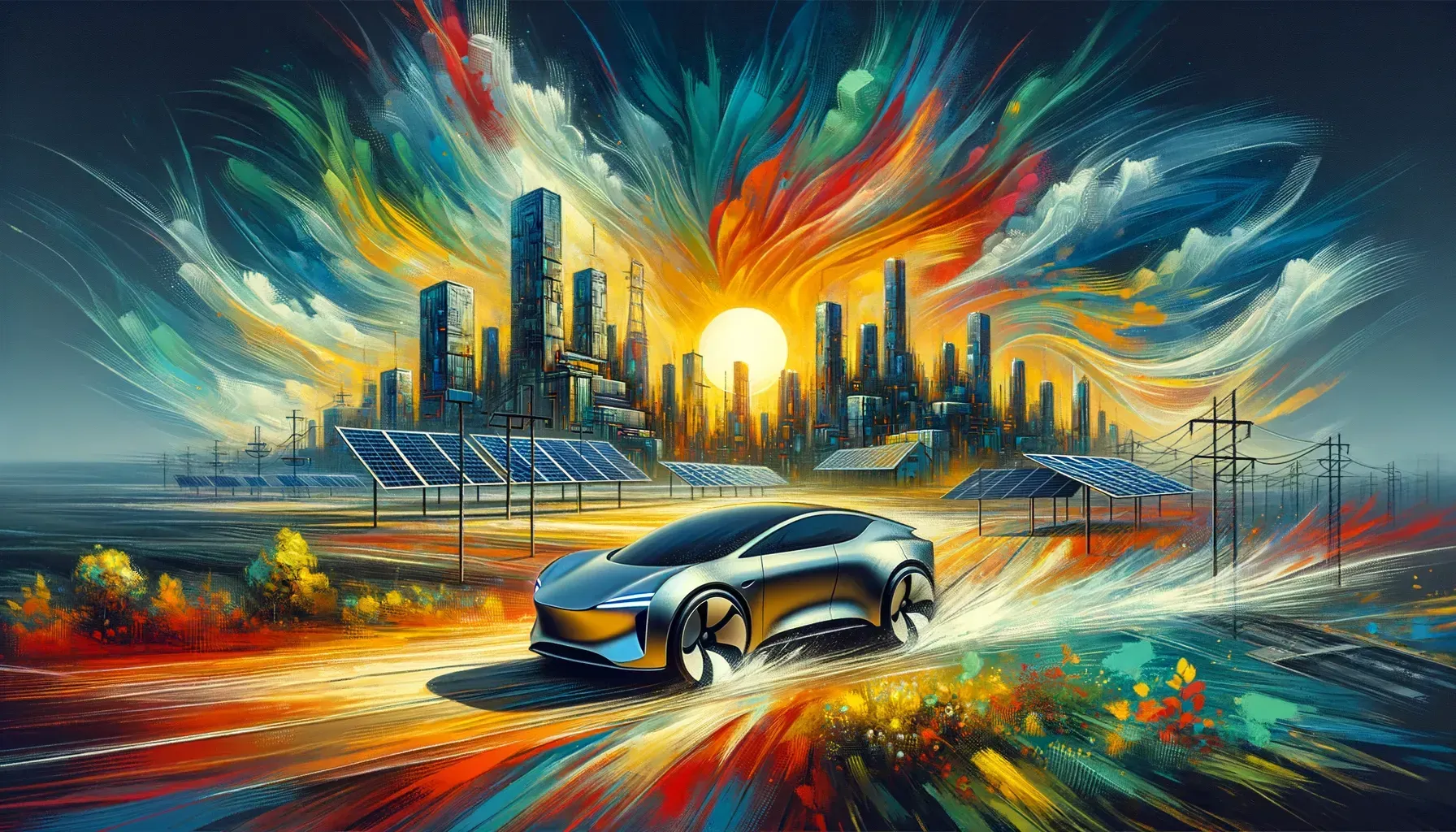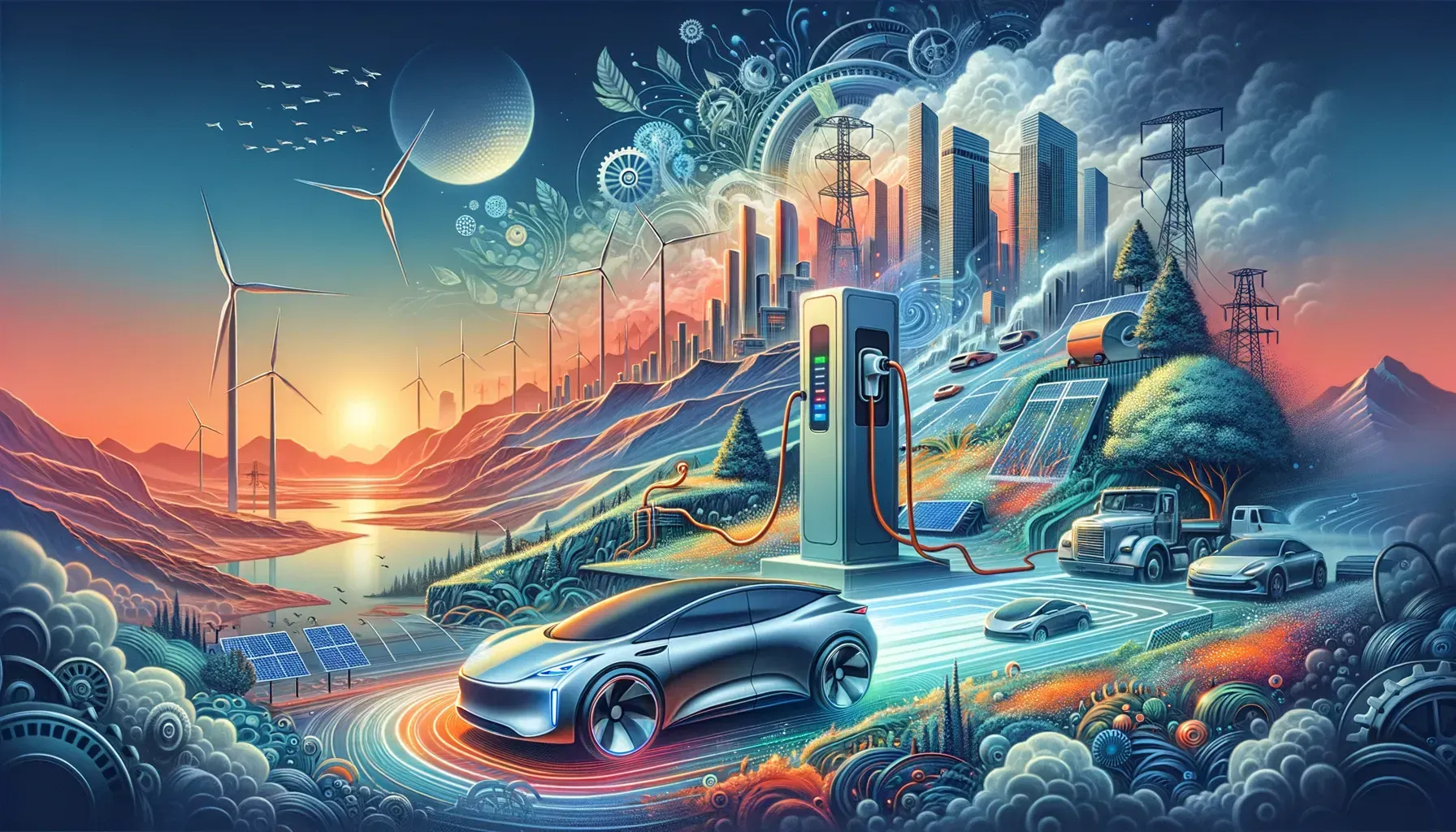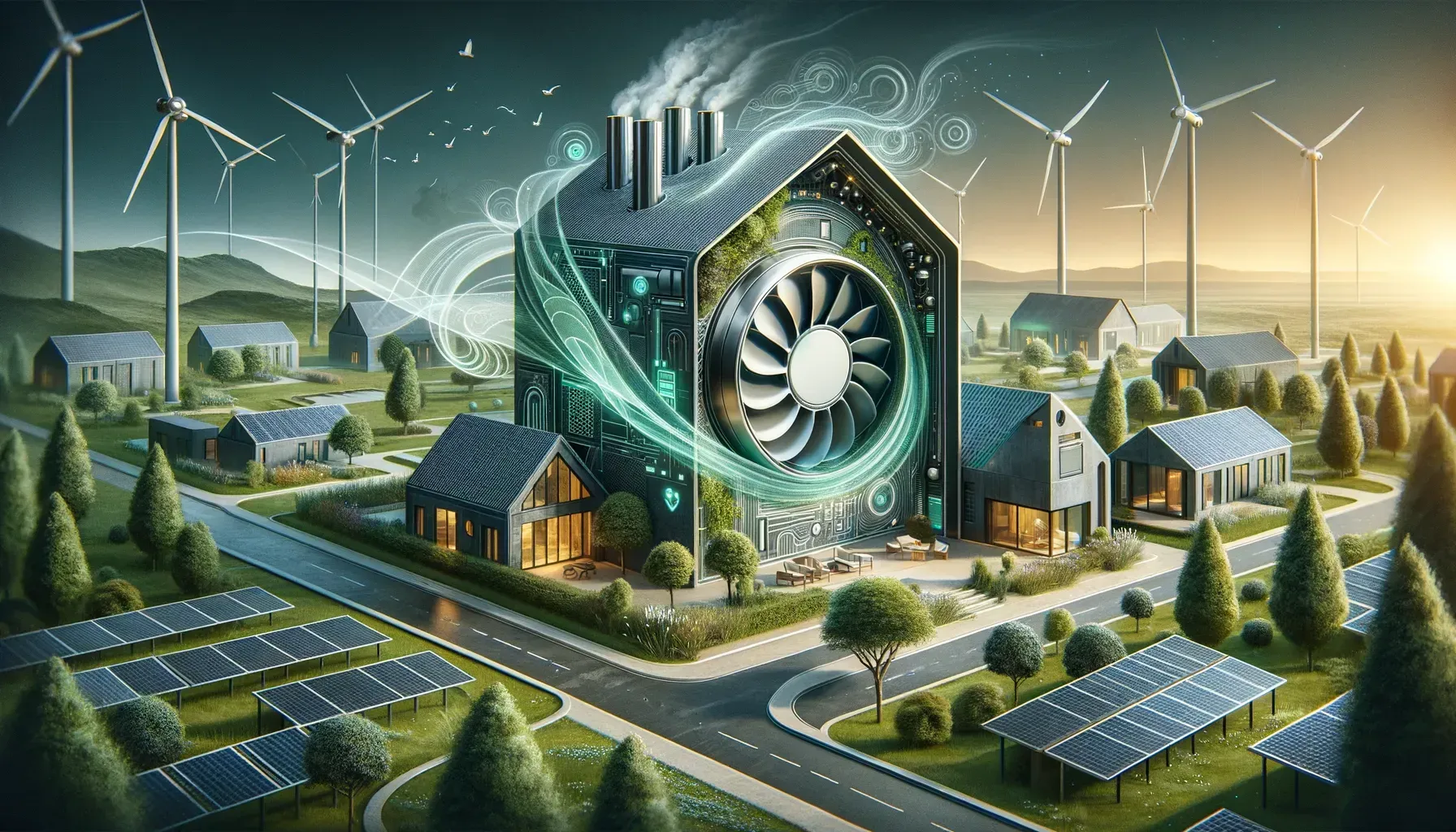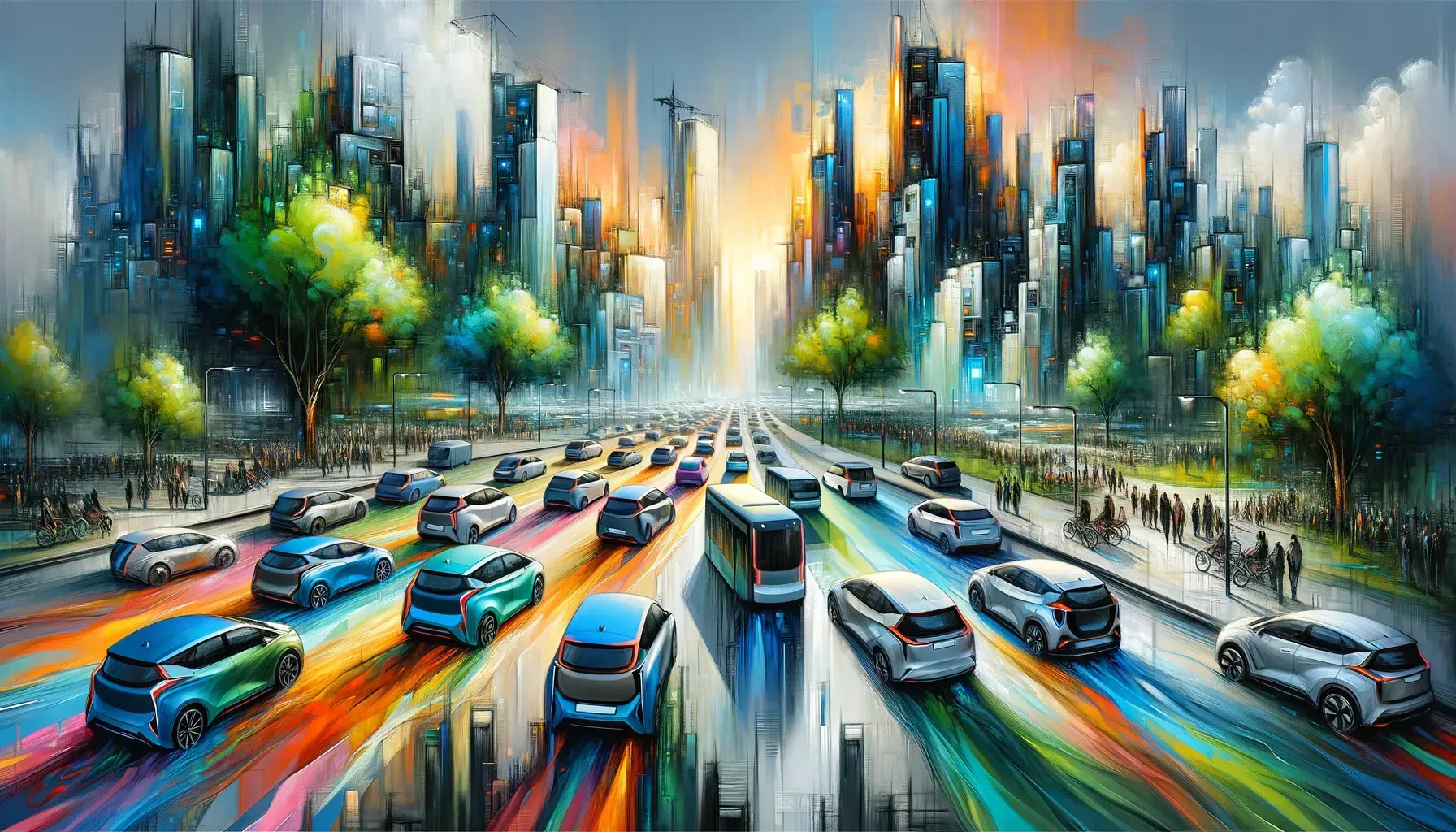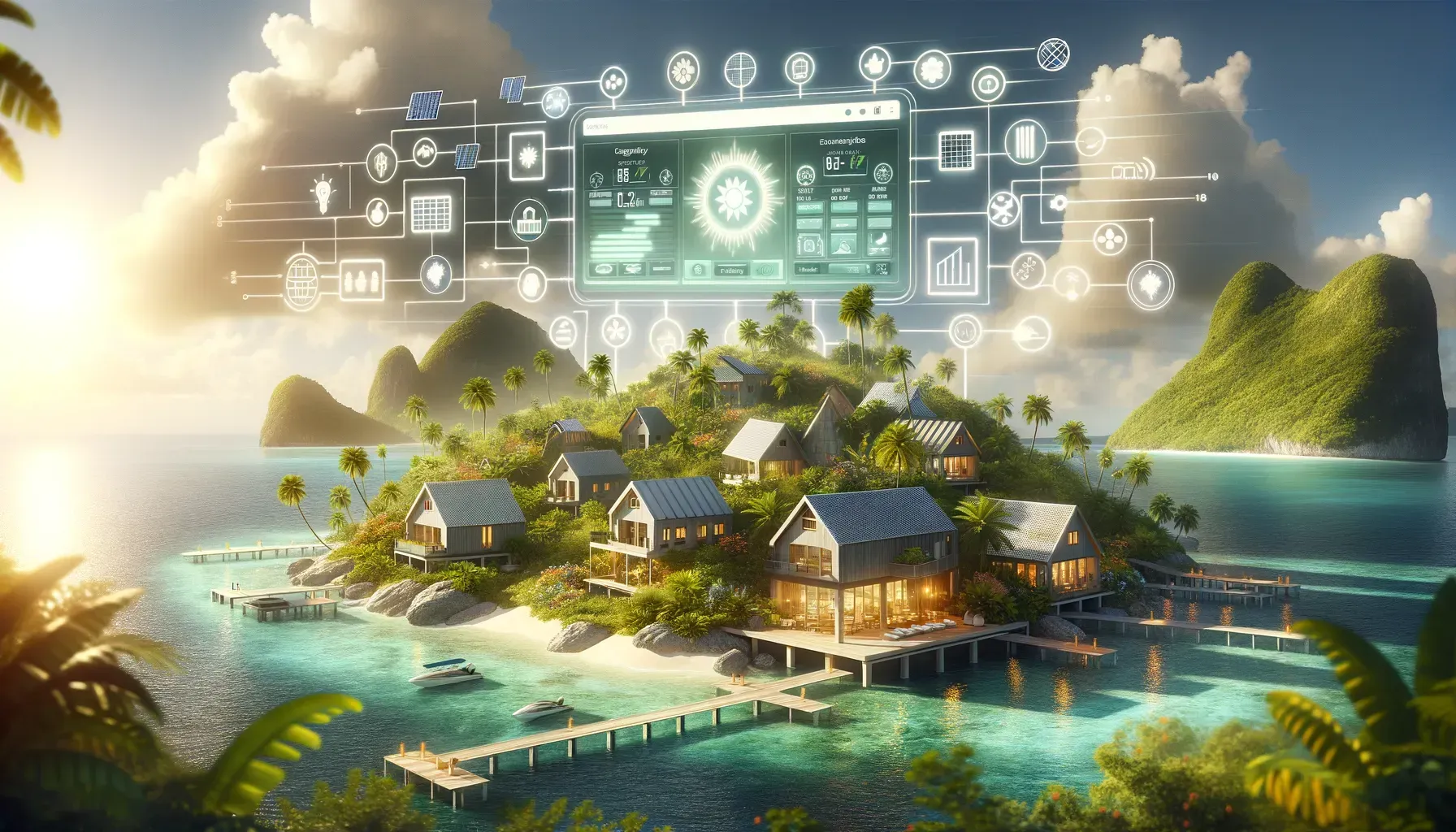Powering Tomorrow: The Transformative Impact of Electrification on Sustainable Infrastructure
Discover how electrification is reshaping infrastructure for a sustainable future, reducing emissions and driving economic growth.
Understanding Electrification and Its Role in Sustainable Infrastructure
The Growing Importance of Electrification
Electrification is a critical component of building sustainable infrastructure for the future. By replacing fossil fuels with electricity derived from renewable sources , electrification can significantly reduce greenhouse gas emissions. In fact, it is projected that electrification, when paired with renewable energy , could cut global emissions by up to 70% by 2050. The International Energy Agency (IEA) emphasizes that rapid electrification of heating and transportation systems is essential to achieving net-zero emissions by 2050. Companies like Apex Mechanical are leading the way in providing innovative electrification solutions that align with modern sustainability goals.
Benefits of Electrification
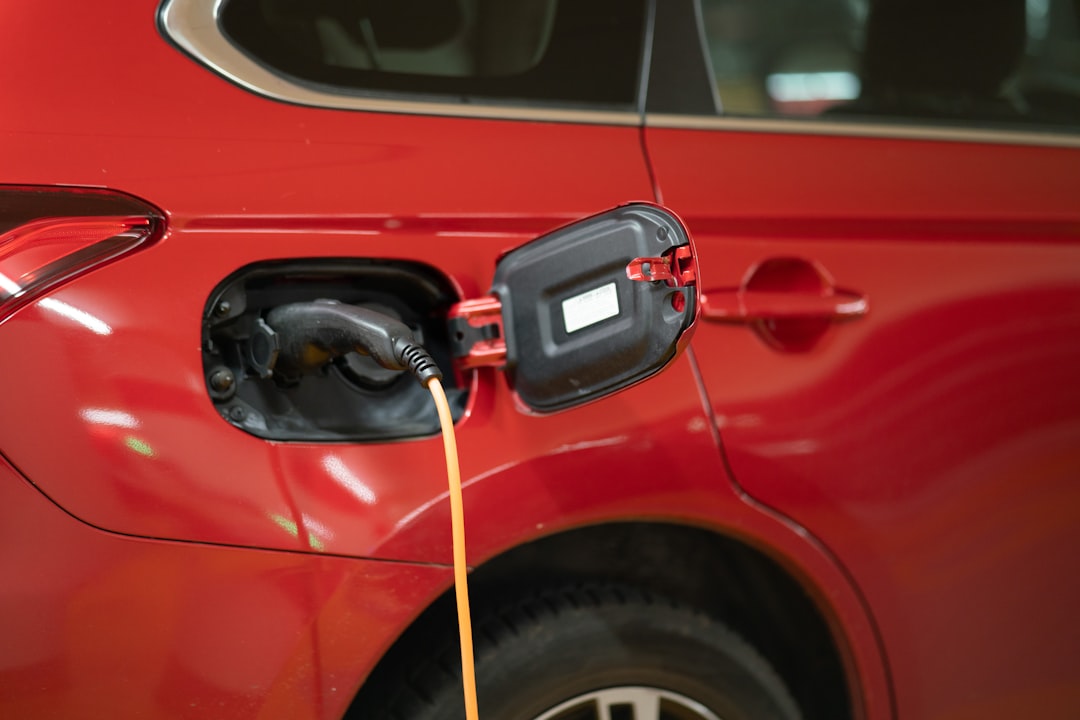 Carbon Emissions Reduction
Carbon Emissions Reduction
Electrification offers a substantial opportunity for reducing carbon emissions. For instance, studies have shown that converting buildings from natural gas to electric heating could decrease emissions by approximately 90% in urban areas. Furthermore, the electrification of public transport systems , including buses and railways, has the potential to improve air quality significantly in urban settings.
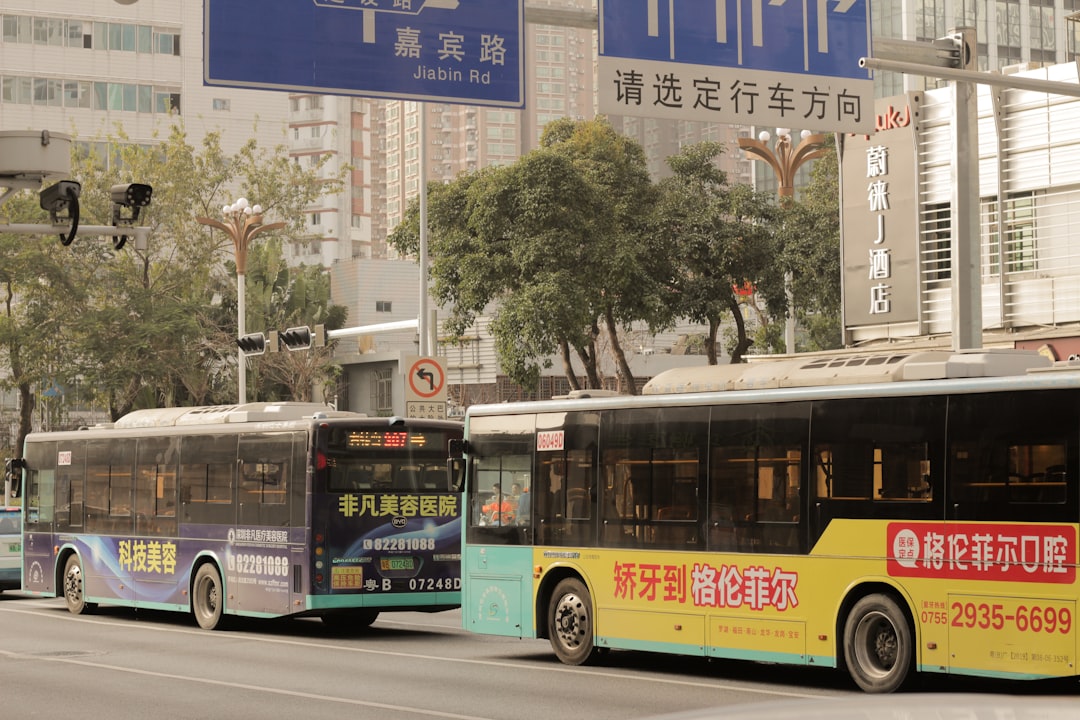 Economic and Environmental Impact
Economic and Environmental Impact
The shift towards electrification is not only environmentally beneficial but also economically promising. In the United States alone, electrification is expected to generate 3 million jobs in the clean energy sector by 2030. Simultaneously, the cost of renewable energy technologies has decreased by 80% over the past decade, making electrification more economically feasible and attractive.
 Successful Electrification Projects
Successful Electrification Projects
Global Examples
Several countries have made remarkable progress in electrification. Norway, for example, has achieved over 54% of new car sales being electric vehicles, largely due to strong policy support and incentives. Additionally, the adoption of smart metering systems has resulted in a 15% reduction in energy consumption in various U.S. cities, highlighting the potential of technology-driven energy management.
 Technological Innovations
Technological Innovations
Technological advancements are pivotal in the electrification landscape. Advanced grid technologies, such as demand response systems, enable better management of electricity loads and peak demand. The integration of Internet of Things (IoT) devices into smart grids further enhances real-time monitoring, thereby improving energy efficiency.
 Challenges and Barriers in Electrification
Challenges and Barriers in Electrification
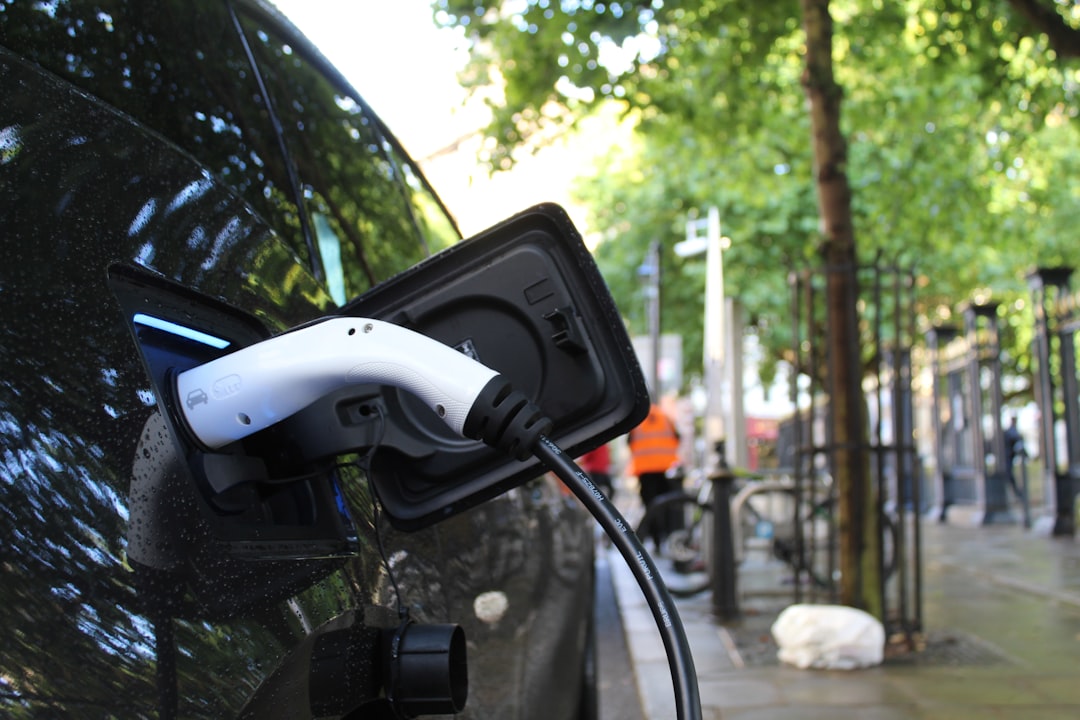 Infrastructure and Technological Barriers
Infrastructure and Technological Barriers
One of the significant challenges in electrification is upgrading aging electrical infrastructure to handle increased loads, which can be a costly endeavor requiring billions of dollars. Additionally, the lack of charging infrastructure for electric vehicles in rural areas presents a significant barrier to widespread adoption.
Policy and Economic Factors
Effective policy frameworks are crucial for promoting electrification. These include tax credits and subsidies for renewable energy projects, which can foster the transition to electrification. However, market volatility and fluctuating fossil fuel prices can affect the pace of investments in electrification.
Future Trends in Electrification
Emerging Technologies
Emerging technologies hold great potential for the future of electrification. The development of solid-state batteries is anticipated to enhance energy storage capacity and efficiency, further supporting electrification efforts. Additionally, digital twins technology is being explored to optimize the performance of electrified infrastructure.
Sustainable Infrastructure Development
The global renewable electricity capacity is projected to increase by 60% by 2026, making electrification more feasible and widespread. Cities are increasingly incorporating electrification strategies into urban planning to create sustainable, smart environments.
Embracing a Sustainable Electrification Future
The Importance of Transitioning to Electrification
Transitioning to electrification is crucial for addressing climate change and ensuring energy security in a volatile energy landscape. Apex Mechanical's expertise in mechanical, electrical, and infrastructure solutions positions it as a valuable partner in electrification projects, offering services like EV charger installations and advanced energy solutions.
Call to Action
To explore how Apex Mechanical can transform your infrastructure projects with electrification services, including EV charger installations and advanced energy solutions, visit our website.
